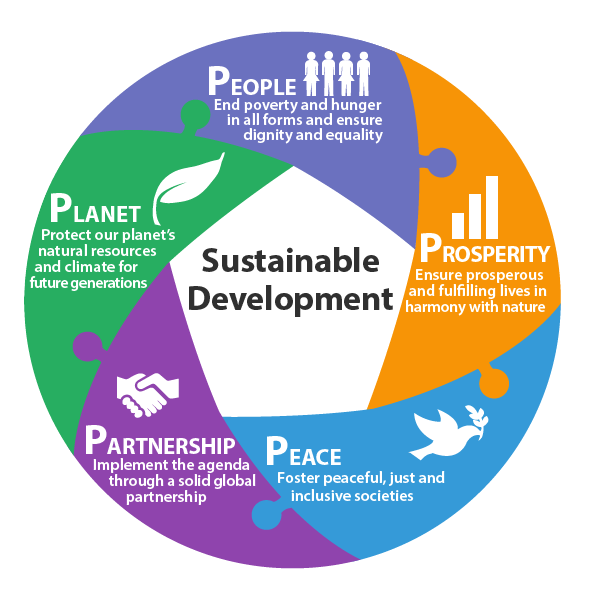This post is also available in: Aragonese, Spanish
It has taken me a while to decide what my first post should be about. I finally opted to take a top-down approach, setting out a framework of discussion on sustainability from a global perspective: Where are we as a species and where are we going; what are or should be our priorities; and what are the main tools and obstacles in our path to an environmental, economic and social sustainability. This is obviously a very broad subject, with countless internal complexities worth hundreds of posts, but I hope you enjoy the read nonetheless.
There seems to be a Chinese curse that says: ‘May you live in interesting times’, which is probably not Chinese. It’s funny how at first sight it doesn’t really feel like a curse, but it hides a quite interesting (and maybe unsettling) idea: periods where change concentrates often involve uncertainty, crisis, and victims. Throughout these periods opportunism tends to bloom and economic and social inequalities become sharper. And the system is shaken from deep inside, providing a rather bumpy framework where a foundation based on social collaboration and well-thought strategies becomes particularly important (Lopes, Sachs and Dowbor, 2010).

Right now, it is easy to find evidence that supports the idea that we are living one of those periods. Taking only into account the environment, the planet is facing countless challenges: climate change, plastics, biodiversity loss, invasive species, depletion of natural resources, ocean acidification, pollution… And each of these challenges not only is complex on itself, but also interacts with the others in ways we’ve only started to understand. Obviously, you have to add to that equation socioeconomic factors such as overpopulation, migration, health, inequalities, wealth dynamics or warfare (Pezzey y Toman, 2002). Therefore, in order to get the best from our joined efforts, we should aim to maximize the overall benefits and reduce the impacts to a minimum; Or at least, in an ideal world, where our knowledge would reach further than it does, or our ability to analyze that many variables weren’t as limited. Nevertheless, even with the available information, we don’t seem to react proportionally, which is quite frustrating to the scientific community.
Not long ago I read an interesting article, which searched for an evolutionary cause to our poor response, as a species, to the climate change threat, in spite of being well aware of the dire consequences the inaction may bring. It seems that when faced against complex issues that may be too difficult to fully understand, we tend to create shortcuts that brush aside those complexities, and we react better to direct threats. These traits become very handy for making everyday choices, without having to go through an in-depth analysis that would eventually get us stuck. However, it might not be the option to settle up for when we have to tackle complex issues, as it can leave important features underrepresented. Big spatial and temporal scales, as well as the indirect effects any action may have, seem to be particularly difficult to understand. Obviously, the arrogant ignorance and disinformation so spread in social media don’t help. At the end of the day, we act with certain inertia from a wide perspective because there would always be pressing issues at closer scales, for which we can (or we think we can) ascribe causes and consequences. So in the face of a crisis, we seek culprits that seem more likely to our eyes: inmigration, the poor, the rich, the politicians, multinational companies, the Americans, religions… leading to a rather destructive environment that always finds instigators. At this point, our ideal world bangs its head against a brick wall and scientists cry in despair.

Even though, there are always reasons not to give up. Another allegedly Chinese-related statement that is unlikely to be true despite being widely spread (I use this to point out how important is to know what you’re publishing), says that the idiogram for ‘crisis’ has the double meaning of danger and opportunity. The thing is that we’ve already been wandering this planet for quite a while, and we’ve managed to reach amazing achievements against all odds. And now, we have more powerful tools available, so we ‘only’ need to get the huge cesspool of scientific information, the globalized communication, and the international alliances and use them in our own benefit. There are many examples that illustrate the interest and hope some ideas have woken at a global scale (such as the movement Fridays for Future), and many goals that used to be deemed unimportant are earning a place in international policies. But we have to learn how to row in the same direction as a species and figure out what are the waves worth taking. Because the less sharp the peaks and valleys of our evolution are, the easier would be to achieve sustainability.


 Aragonese
Aragonese English
English Spanish
Spanish